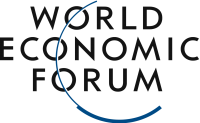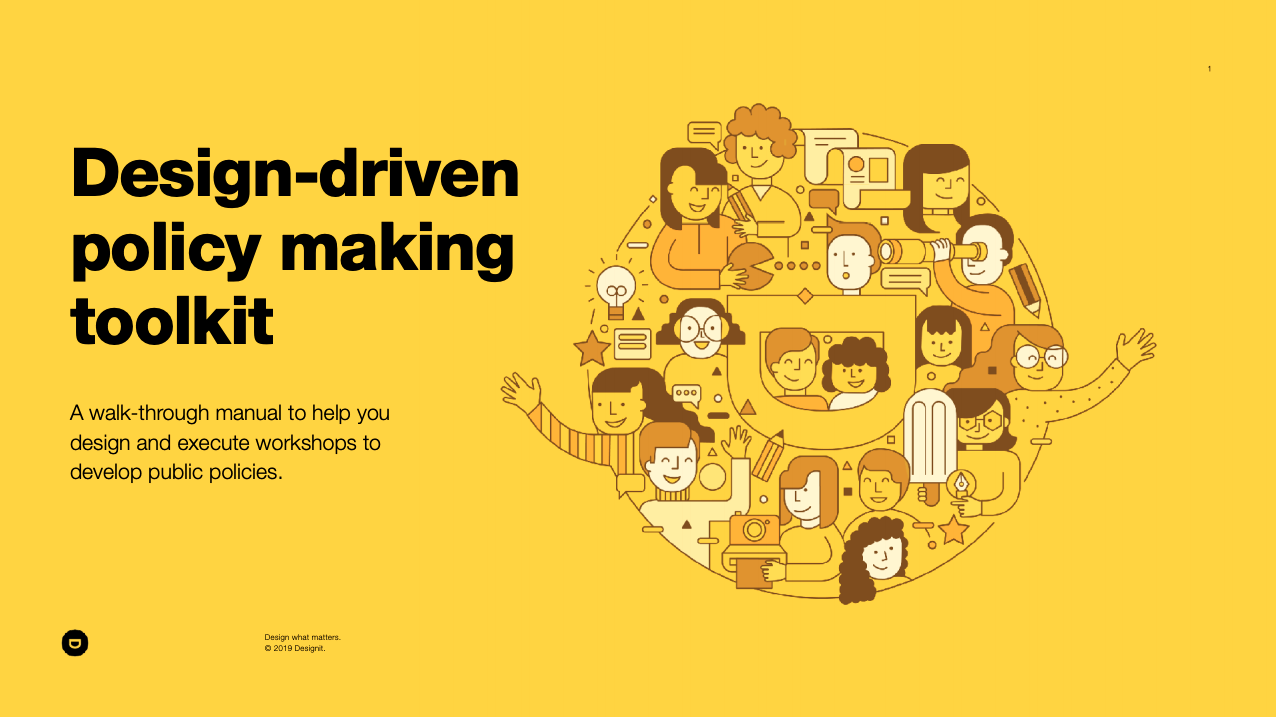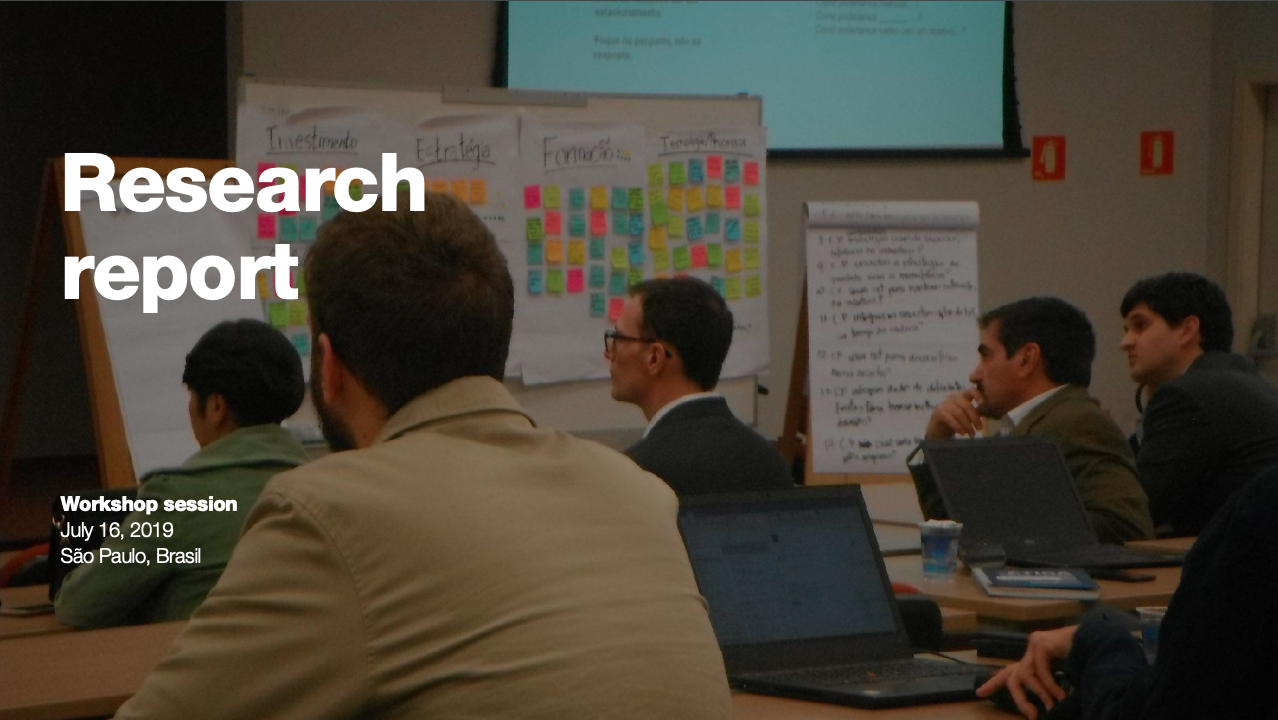Accelerating the adoption of industrial IoT in Brazil
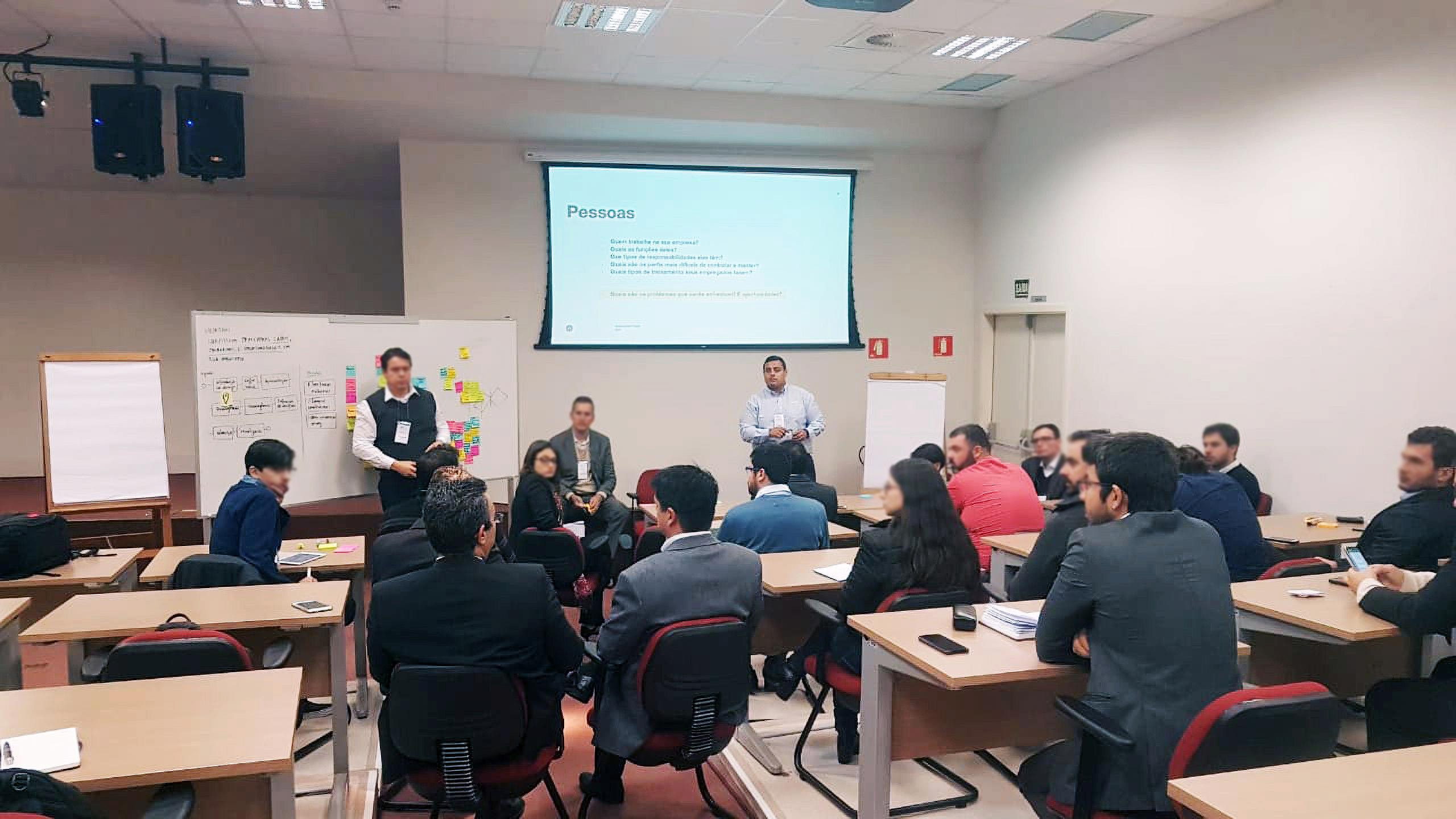
The challenge
Design and lead a large research process to understand the status quo - pain points, barriers, and opportunities - of the Brazilian industrial small and medium companies (SMEs) in the usage of the Internet of Things (IoT), in order to generate insights to support policymakers to design and implement new policies.
My role
Team leader, Researcher and Facilitator
Team
Myself and 3 other Designers
Time
7 months (on going)
Outcomes
In January 2020, the WEF released a white paper with my contribution.
Ultimately, we developed 12 policy ideas. At least three of them will be implemented to aid the development of IIoT.
This initiative will impact over 2,000 companies across Brazil, with plans for implementation in Africa, Asia, and the Middle East.
— We should reflect on the fact that the Fourth Industrial Revolution might be more about people than about technology.
My reflection and quote at the white paper.
The full project, with the methodology and research, are accessible online.
Current status
Updated on June 28, 2020
On going impact
Ten SMEs from the automotive and aeronautic sectors were selected to implement IIoT technologies with technical and financial support from the government, academia, consulting firm, and the World Economic Forum.
Throughout the process, several insights and public policy ideas were generated to accelerate the adoption of 4.0 technologies in industrial SMEs. Check out some participants ́ testimonials.
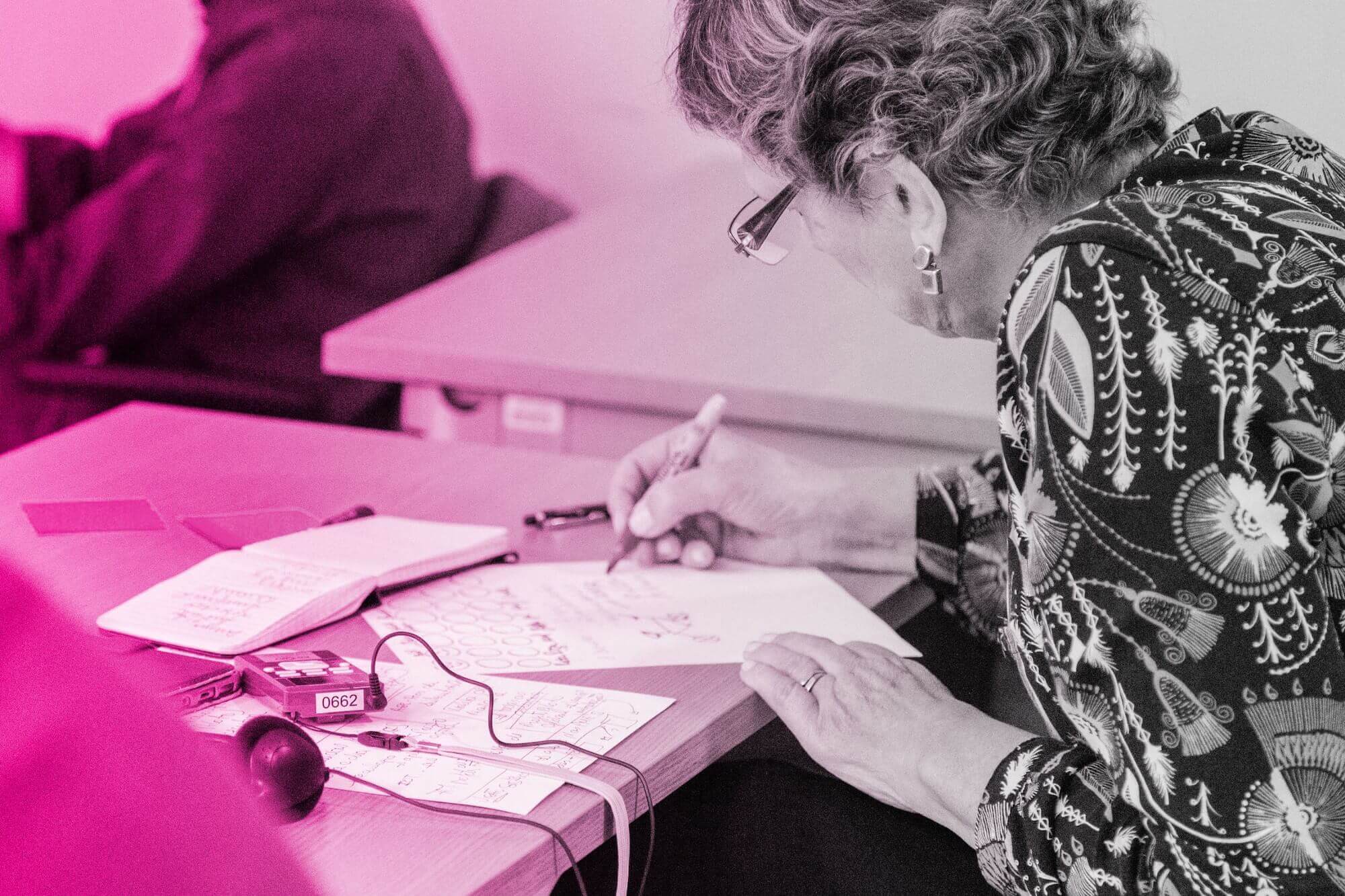
Leveraging design in policymaking
Apr 27 · 6 min read
Process
Identifying the right problem to tackle without a policy-driven mindset
As the project first the activity we organized a knowledge transfer session with the WEF core team that was based in San Francisco.
After the session, we felt we didn’t have much information regarding the Brazilian SMEs, the 4th industrial revolution, and IoT usage to really start to plan the research workshop. So, we decided to start doing desk research to acquire a broader comprehension of the different challenge perspectives.
Gain a broader understanding was key for designing the research workshop methodology, dynamics, and artifacts.
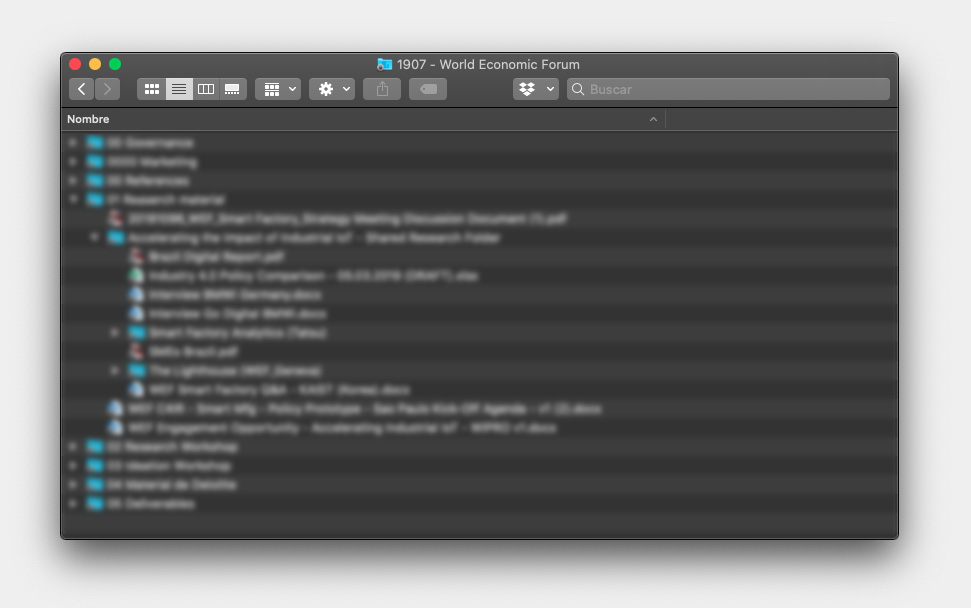

Remote alignment and methodology design
With the objectives and the context clear, we started the workshop planning – one of the most challenging parts of the whole project. Basically, we had to plan, design and organize a research workshop that would be facilitated in Sao Paulo, Brazil.
The facilitation and research activities should consider the involvement of +70 participants from different institutions and knowledge domains.
As a result of an extensive remote divergent and convergent exercises, we co-designed the methodology and the activities for the research workshop with three core moments:
- Onboarding and alignment;
- Pain points divergence and convergence; and
- Challenge definition
After all the planning and logistics, we flew to Brazil from Medellín to facilitate the workshop.
In the day before the workshop, we had an alignment meeting with all the stakeholders from the different institutions that were supporting the initiative at IPT.
In that meeting, we assigned roles (note taker, time keeper, etc) for all different supporters.
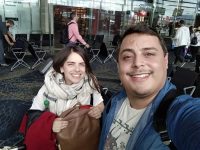

Research workshop
After logistics, we started to facilitate the first core moment of the workshop; the onboarding and alignment. For that, we prepared a keynote with an introduction to Design.
Our intent was to present to participants the basics of the design – principles, processes, terminologies, etc – so they could better comprehend the workshop exercises and be more confortable during the session.
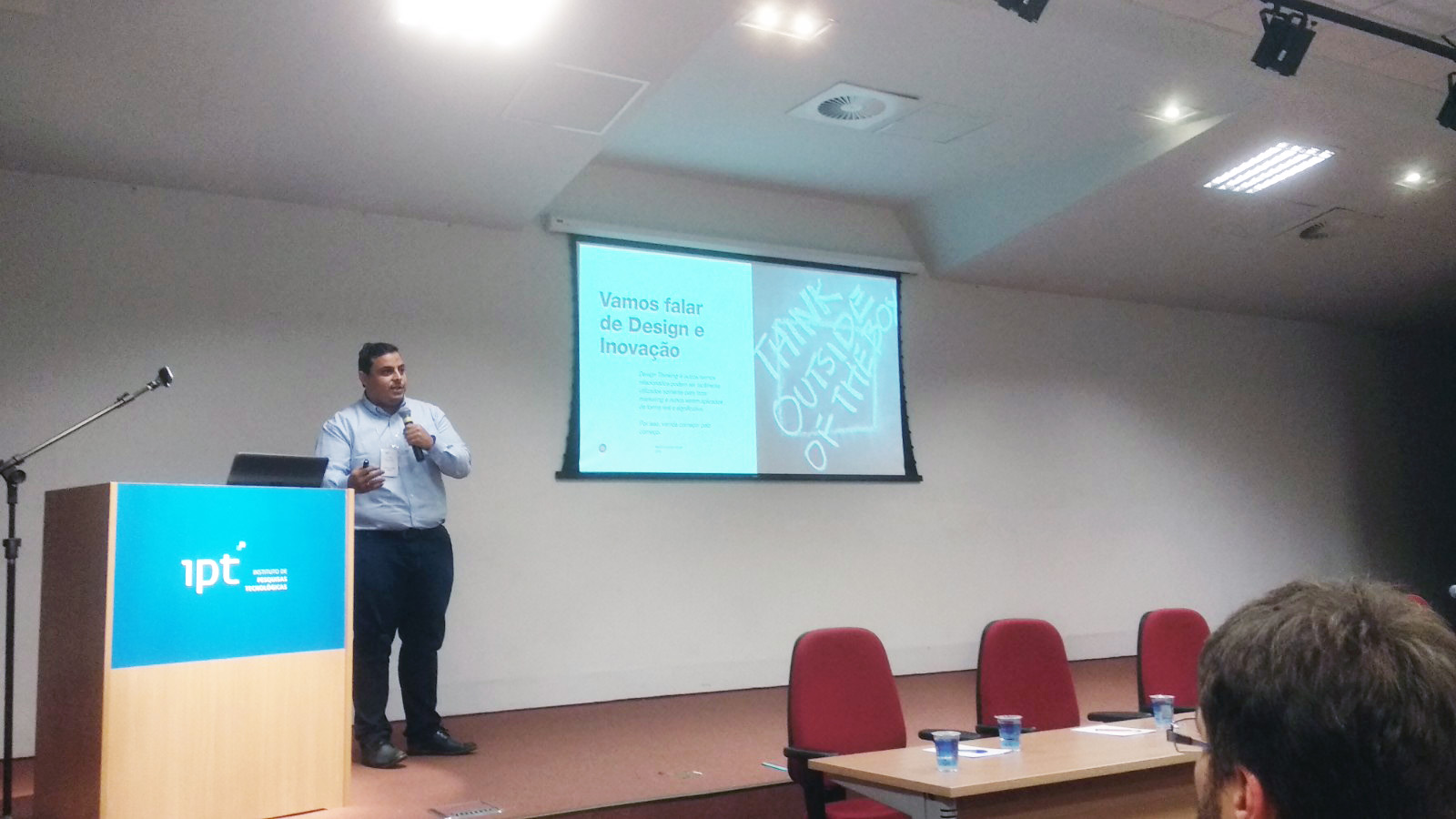


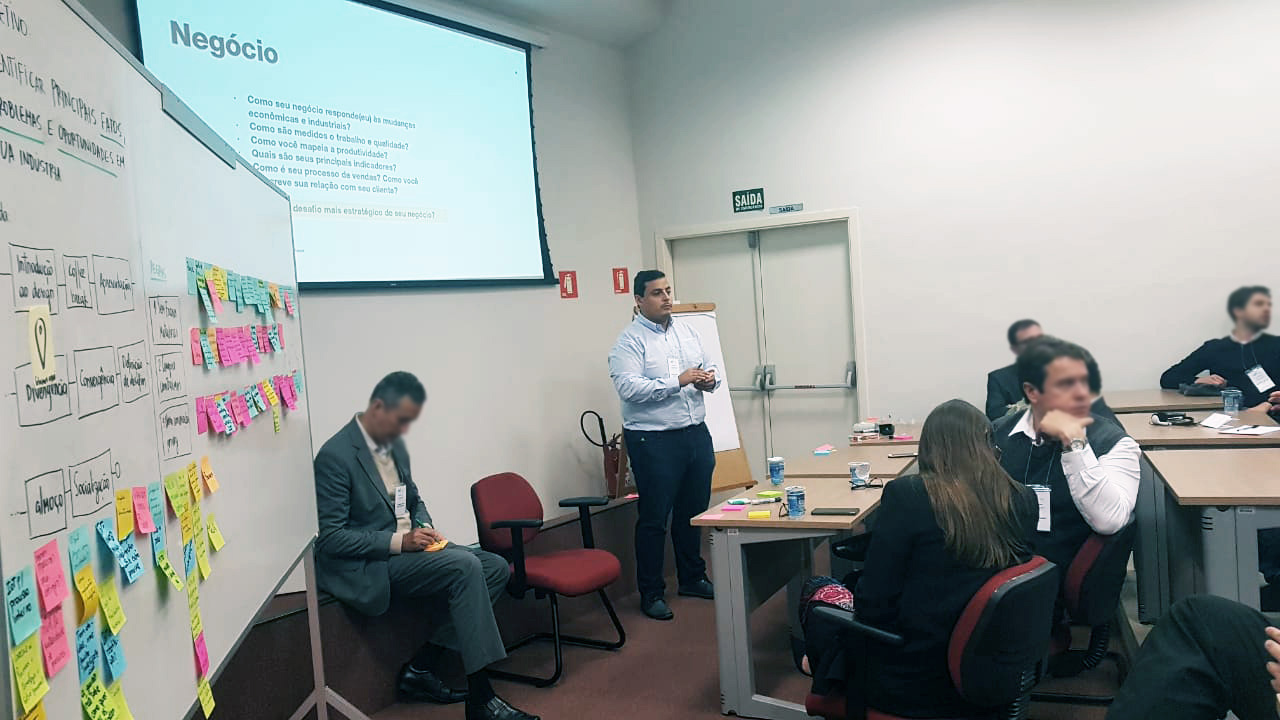
After the warm-up keynote, we divided the participants into two big groups. We needed to do that to better support English and Portuguese speakers.
To trigger participants’ collaboration we prepared a keynote with relevant themes we’ve identified in the desk research analysis.
During the workshop participants prioritized the most relevant topics to define challenges. After the first round of analysis, challenges have been grouped into 6 categories.
Ideation workshop
The second phase of the project was the facilitation of an ideation workshop.
To guide and focus participants, we designed a Policy canvas with all the relevant information policymakers might need to understand deeply the pain point, challenge, and different perspective of the proposed solution.
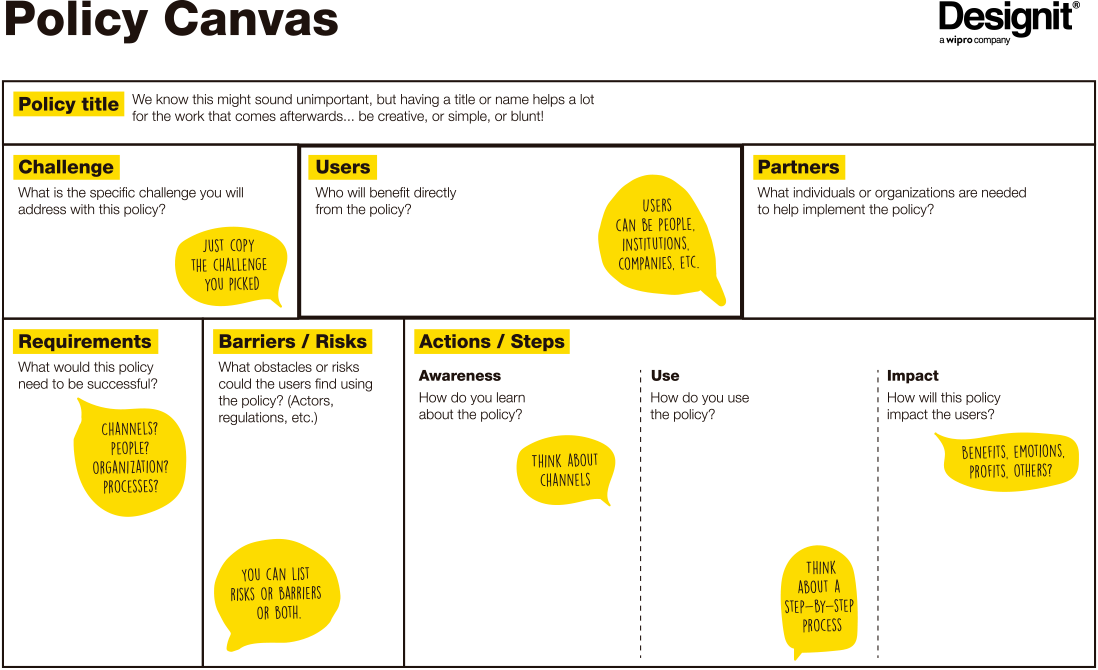
Learnings
Preparation and execution
Having a flexible agenda gives room to adapted on-the-go, but it’s best to decrease the number of uncertainties.
Before each session the recruitment process has to be followed thoroughly and the information about participants should be shared in advance.
Participants recruitment
To ensure different perspectives during research sessions, a research sample should be designed in advance.
After a thorough analysis of data, specific characteristics from companies should be mapped and recruited following the research objective.
Humanizing research
In order for participants to feel at ease when discussing information, there should only be moderators and participants present.
All the people interested in being part of the study can attend sessions using broadcasting methods or one-way mirror rooms.
